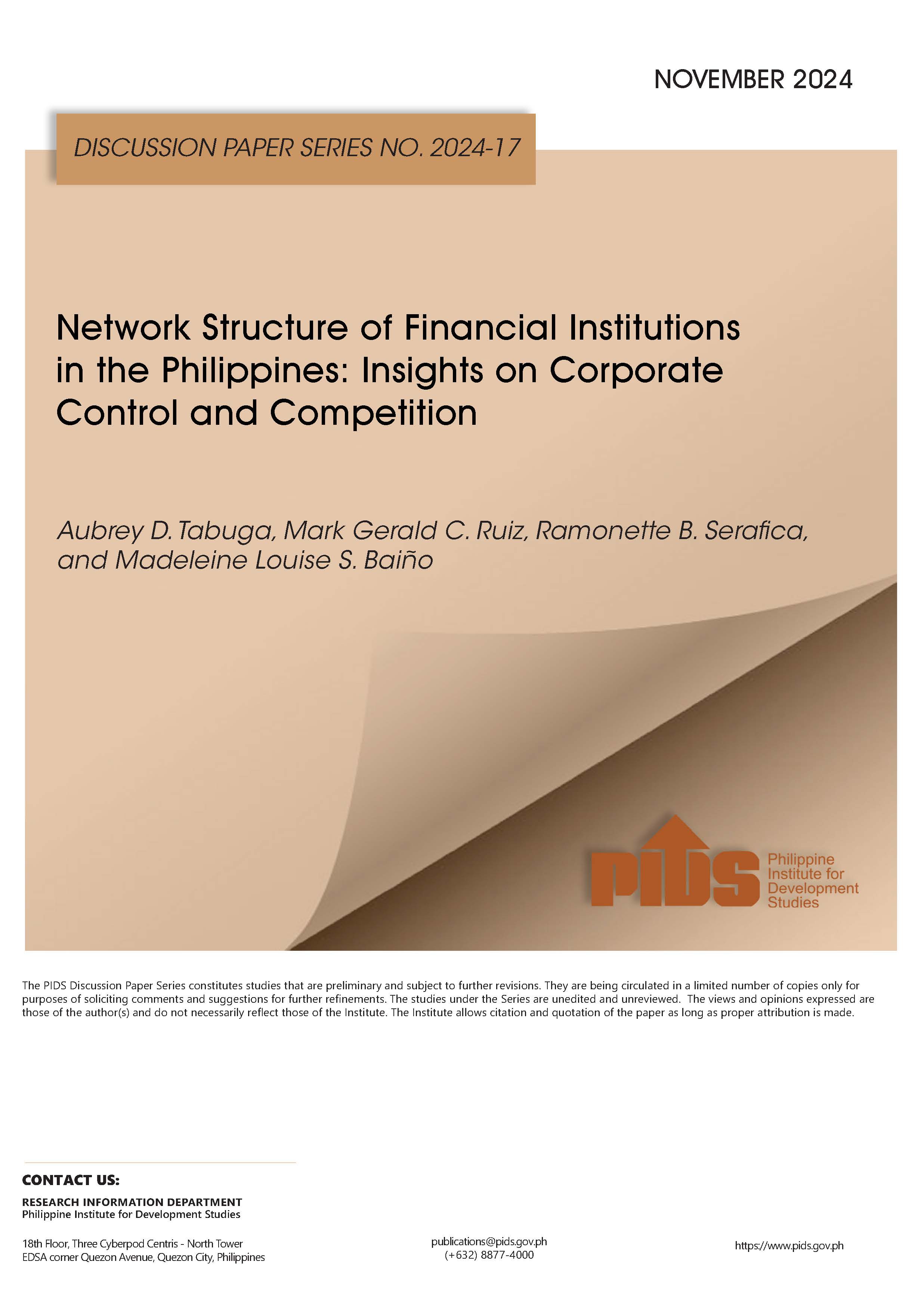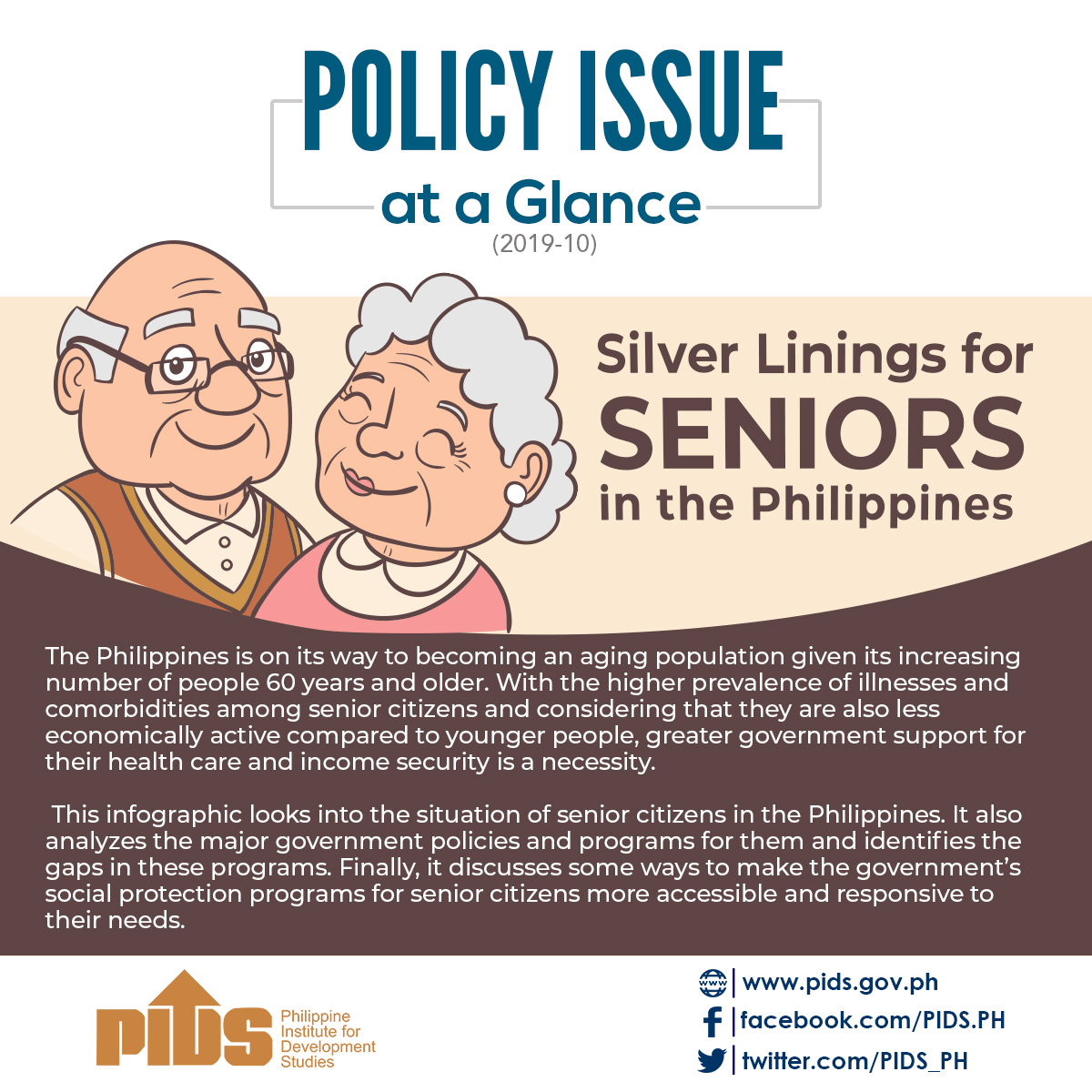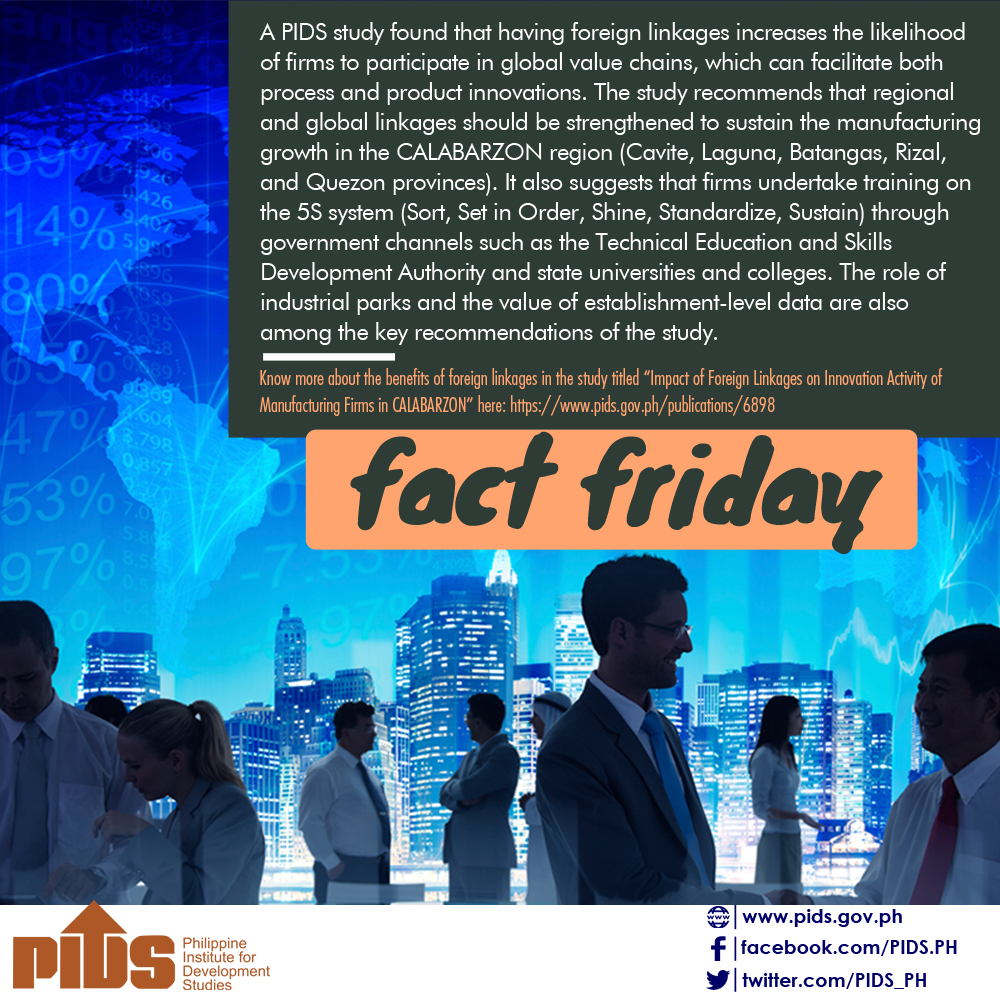MANILA, Philippines - The Philippines needs to relax its restrictions on foreign ownership and unify its incentive-giving bodies to make it competitive in the region in attracting job-generating foreign direct investments (FDIs), state think tank Philippine Institute for Development Studies (PIDS) said.
FDI inflows to Southeast Asia registered a five percent increase to $132.87 billion in 2014, according to the World Investment Report 2015 released by the United Nations Conference on Trade and Development (UNCTAD) yesterday.
But among the member economies in the region, the Philippines ranked in the lower half of the subgroup, receiving $6.2 billion in FDI inflows last year.
The highest receiver of FDI was Singapore ($67.52 billion) followed by Indonesia ($22.58 billion), Thailand ($12.57 billion), Malaysia ($10.79 billion) and Vietnam ($9.2 billion).
The Philippines, as a laggard in attracting FDIs, should revisit the foreign equity limits of the Constitution, University of the Philippines economics professor and PIDS senior research fellow Erlinda Medalla said during the press launch of the UNCTAD report in Makati City.
"It’s definitely one of the stumble blocks or hindrance for FDI inflows. I think it is about time we relax foreign equity restrictions,” she said.
Under the 1987 Constitution, foreign ownership in certain industries, particularly utility companies, is limited to 40 percent.
Congress, on break until the State of the Nation Address of President Aquino in July, is working on an economic Charter change.
PIDS president Gilberto Llanto said in the same briefing it is high time to pass the economic Charter change to have a new source of development finance for building necessary projects and generating employment.
"It seems up to now, we have not made up our minds. Personally, we should really try to relax rules and allow entry because the experience of other countries who have done this earlier shows the benefits realized by allowing entry of foreign investors,” he said.
"The Philippines has already missed that because technology and capital expertise come from foreign investors. We don’t have that,” he added.
While the Philippines provides investment incentives that compare well with other countries, Llanto noted investors deal with too many regulating bodies giving such incentives while they deal with only one in other countries.
"The problem though is in the case of the Philippines, there are several incentive-giving bodies like the Board of Investments, Philippine Economic Zone Authority and other authorities,” he said.
"There have been studies saying that locators, or foreign investors, do some forum shopping because there are different investment-granting bodies. So they try to extract the most, best (incentive),” he added.
Thus, the Philippines should consolidate all these regulating agencies "for efficiency and for consistency” and in order to attract more FDIs, the PIDS official said.
He also said the Philippine government should also strike a balance in providing liberal investment schemes and imposing taxes, a turn-off for investors.
"Keeping in mind that these guys bring out higher value and generate more employment, policymakers have to confront this and strike a balance between those two competing good objectives,” Llanto said.//
PIDS supports easing of foreign ownership limits












